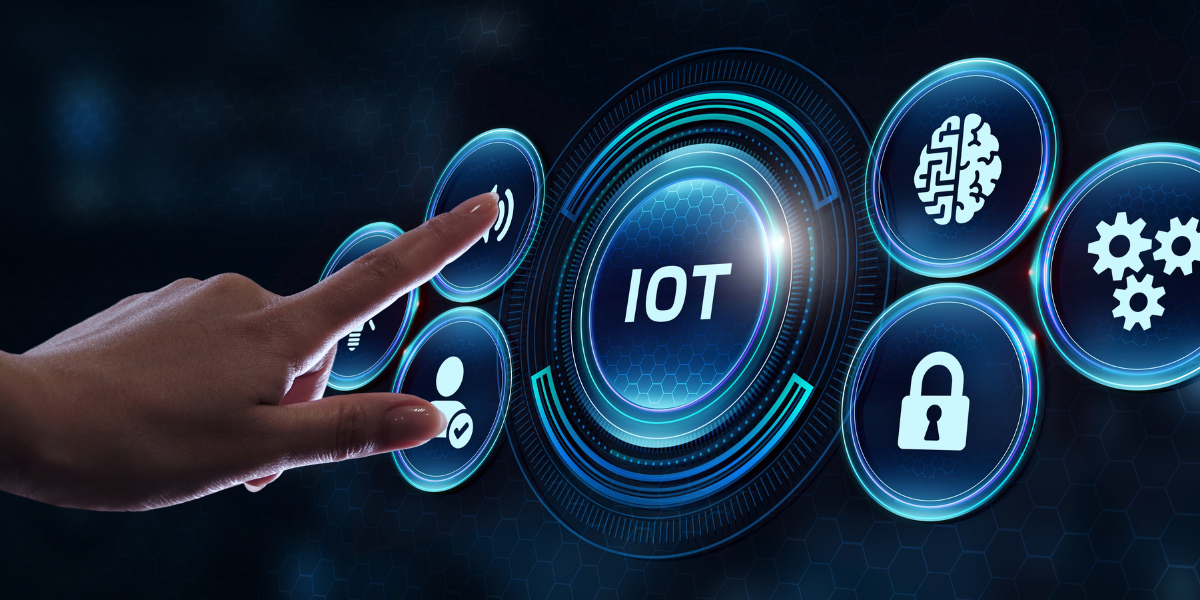In today’s fast-paced business environment, everyone is seeking ways to optimize energy usage, reduce maintenance costs, and provide elevated levels of comfort to the building’s occupants. One of the most significant systems in any building is the HVAC (Heating, Ventilation, and Air Conditioning) system. Fortunately, IoT (Internet of Things) technology has revolutionized how HVAC systems operate, providing a range of features and benefits that were not achievable decades ago.
This blog post provides an overview of the key features and benefits of IoT in HVAC systems.
Connectivity: HVAC systems enabled with IoT technology can connect to the internet and other devices, enabling them to communicate and exchange data from different systems. This integration allows for optimization of energy usage based on varied factors such as occupancy, weather forecasts, and indoor/outdoor temperatures, among others.
Sensors and Data Collection: IoT-enabled HVAC systems incorporate various sensors that collect real-time data such as temperature, humidity, occupancy, and energy consumption. This data provides insights into the building’s occupancy patterns, energy usage, and potential operational challenges for the HVAC system.
Remote Monitoring and Control: The IoT technology in HVAC systems allows facility managers to monitor and control the HVAC system remotely using web or mobile applications. This capability provides greater control over the system and the ability to respond to issues in real-time.
Data Analytics and Insights: IoT-enabled HVAC systems generate a vast amount of data that is useful in making data-driven decisions for optimal building operations. By applying advanced analytics and machine learning algorithms to this data, valuable insights can be obtained that can aid in making strategic business decisions as well.
Integration with Building Management Systems: IoT technology enables integration between HVAC systems and other building management systems, such as lighting, security, or access control. This integration allows for coordinated operations and energy optimization across various systems within a building.
Benefits of IoT Technology in HVAC Systems:
Energy Efficiency: This feature provides the ability to optimize energy usage by collecting and analyzing the data generated by sensors in the HVAC system. Such analysis leads to refined HVAC systems that can be programmed to adjust temperature and ventilation settings according to the occupancy levels and other environmental factors such as weather conditions.
Predictive Maintenance: IoT in HVAC systems provides a proactive approach to maintenance using predictive analytics, which predicts potential operational challenges before they occur. This approach minimizes costly breakdowns and improves equipment lifespan.
Remote Diagnostics and Troubleshooting: The IoT technology in HVAC systems allows for remote diagnostics and troubleshooting, minimizing the need for on-site maintenance professionals’ presence. This also results in reduced downtime and associated costs.
Improved Comfort and Occupant Experience: By monitoring various environmental factors, IoT-enabled HVAC systems can maintain optimal indoor air quality and temperature conditions, leading to a more comfortable environment.
Real-time Alerts and Notifications: The IoT technology in HVAC systems sends real-time alerts and notifications to the facility managers and operators in case of potential operational issues, allowing immediate action, and minimizing damage or downtime.
Data-Driven Decision Making: IoT-enabled HVAC systems provide valuable data that helps business owners and facility managers to make data-driven decisions that lead to better business outcomes.
Sustainability and Environmental Impact: Optimized energy usage and reduced equipment maintenance that results from IoT technology in HVAC systems leads to a reduced overall environmental footprint, contributing to a more sustainable business operation.
IoT technology in HVAC systems is a game-changer in various industries in the optimization of building operations while supporting sustainability initiatives. With real-time remote monitoring, analysis of real-time data, predictive maintenance capabilities, remote diagnostics, and alerts, IoT-enabled HVAC systems enable businesses to save money, improve overall building operations, reduce downtime, and boost the experience of the occupants. Optimizing building operations using IoT technology should be a priority for CIO, CISO, COO, VP IT, Business owners for cost optimizations while improving environmental sustainability and comfort.
